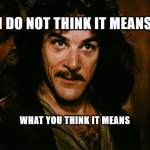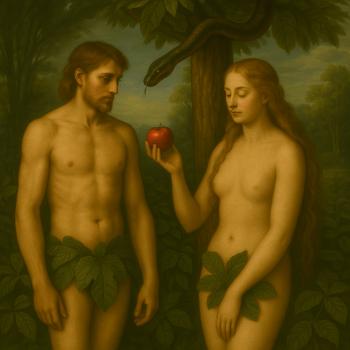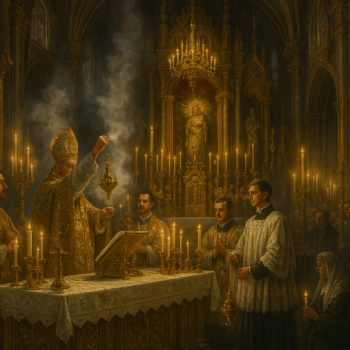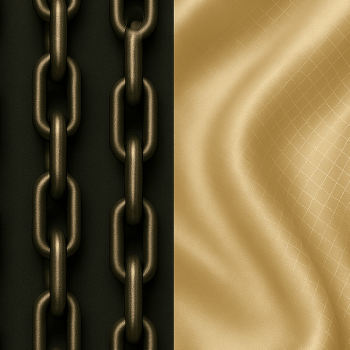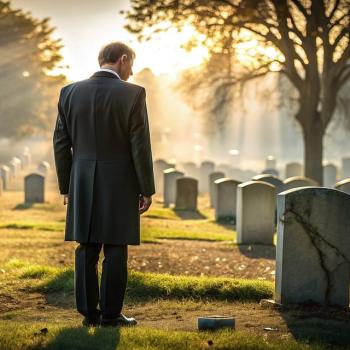Readers teach me a lot about the challenges of religious deconstruction. These conversations help me to talk and write about my book in ways that are more relevant to readers.
Religious deconstruction involves reexamining beliefs and practices. Many people leave their religions because of some of the supernatural beliefs, speculative doctrine and unkind practices of 21st-century Christianity. Others leave because of religious trauma (emotional, financial, physical, and sexual abuse.) Sadly, one-third of adults report experiencing religious trauma.
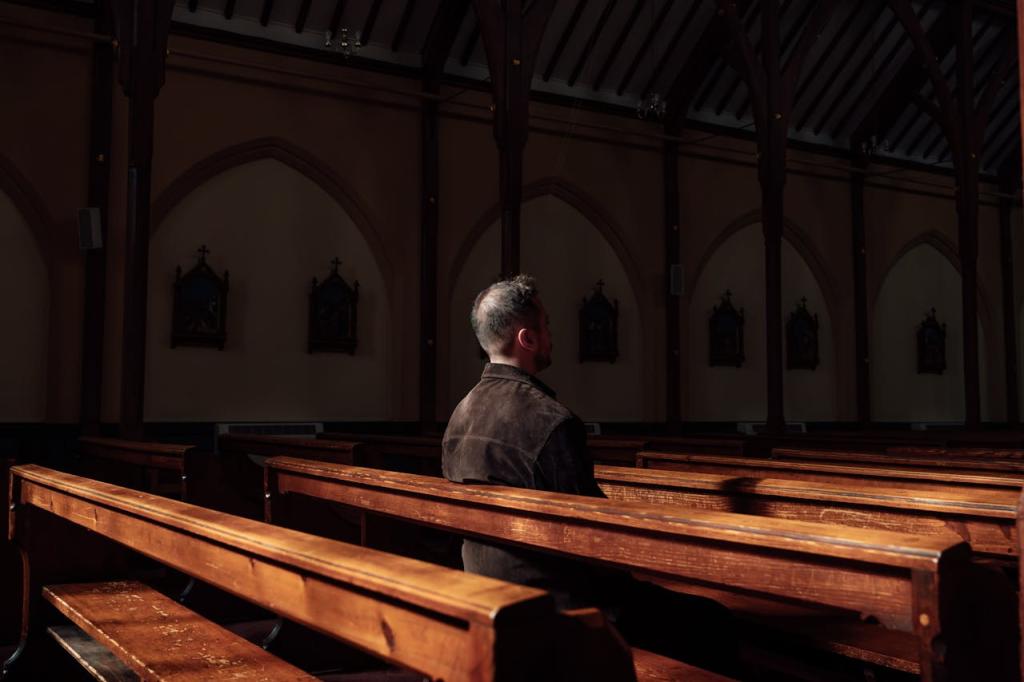
In The Way, I describe how my journey transformed me from a single-minded investment banker to an open-minded spiritual seeker. Along the way, my politics changed, my spirituality changed, and even my personality changed. Now, I live a more authentic, connected and meaningful life. I laugh more, and I cry more. I have more friends and deeper friendships.
The book was published just over a year ago. As I read the book today, I would not change much, either in the content, emphasis or tone of the book. At the same time, as I talk and write about it, my thinking has evolved some, largely thanks to the readers who read my book and/or my blog posts.
Now, the Book Carries Me
At first, I carried the book, like I might help a small child. People only knew about the book because I told them about it. Eventually, the book carried me, like a grown child might help a parent. When people found it, they told their family members and friends, who told their family members and friends. Soon, people started contacting me with comments, questions and suggestions.
I did not expect it, and I am really grateful when readers reach out. Some introduced me to other books, ideas, and people that continue to inform me, expanding my perspective. Most important, many readers described their own experiences, which were often very different from my own experience. Whether we meet in person or online, some readers have become good friends.
Also, I enjoy informed and insightful conversations in-person and in various Facebook groups, online communities and Zoom meetings. Now, I realize that I share the road with many others.
Challenges of Religious Deconstruction in Catholicism
I was raised as a Catholic. Father Richard Rohr describes the Catholicism of our youth where, “The reward/punishment, perfection/achievement system was used to maintain order….The God I was presented with was no unconditional lover, but that was the whole Catholic world in the 1950s. Reality was shaped by a God who is punitive. It made for conformity and very little disruption.”
To me, the conditionality of this love was palpable. God loved us when we achieved, when we were perfect, but did God love us when we failed, when we missed the mark? Did our parents? Also, the church was NOT very tolerant of my Protestant wife, my divorced sisters or my LGBTQ+ friends. In time, the abuse scandal (and the church’s timid response) caused irreparable damage.
After the book came out, I realized that many former Protestants, particularly those from Evangelical or fundamental denominations, suffered as much or more than some former Catholics. Readers teach me a lot about the challenges of religious deconstruction.
Challenges of Religious Deconstruction in Evangelicalism
Catholicism recognizes the primacy of conscience, and Catholics are baptized as infants. So, there are doctrines in the 800-page Catholic catechism that many Catholic dispute. However, my “Exvangelical” friends made made very public and very specific professions of faith as adults. Many “high-control” churches did NOT tolerate any deviation (or even any questions.)
In Catholicism and Protestantism, some of the doctrine concerning sin, judgment and the afterlife is pretty harsh. When someone leaves their church, they face disturbing questions about hell. Today, fewer people believe in a literal heaven or a literal hell, but for those who were indoctrinated in conservative churches, hell is a major, troubling obstacle in their deconstructions.
Generally, Catholic churches are large and impersonal, and weekly Mass attendance is the extent of one’s church life for many Catholics. However, for many of my Exvangelical friends, their church was the center of their lives. For some, leaving a church means leaving one’s primary community, perhaps one’s only community, ending friendships and splitting families.
Many Christians, both Catholics and Protestants, believe that there is no salvation outside the church, and they might construe “the church” to mean their small congregation of <100 members. Thus, anyone leaving these insular religions is subject to the sometimes well-intended, but often very hurtful, challenges from some members of their former churches.
Since I wrote the book, I developed a lot better understanding of how religion, especially high-control churches, inflicts serious harm, whether emotionally, financially, physically and/or sexually. Readers teach me a lot about the challenges of religious deconstruction. These conversations help me to talk and write about my book in ways that are more relevant to readers.
Next week, I will talk about some of the emotions involved in the deconstruction process and some of the myths about deconstructing Christians.
If you want to keep up with the latest from You Might Be Right, please subscribe.
The Way is a Silver winner in the 2024 Nautilus Book Awards.
If you enjoyed this article, please leave a comment at the bottom of this page.
Thanks for reading You Might Be Right!!



